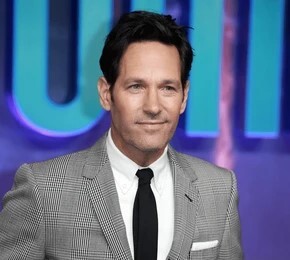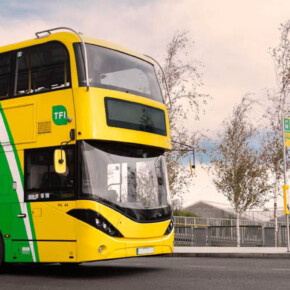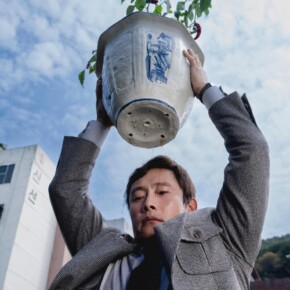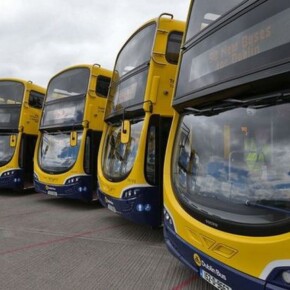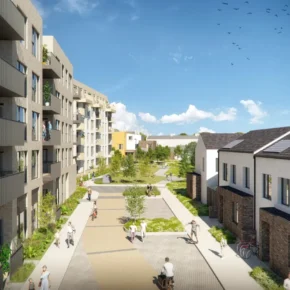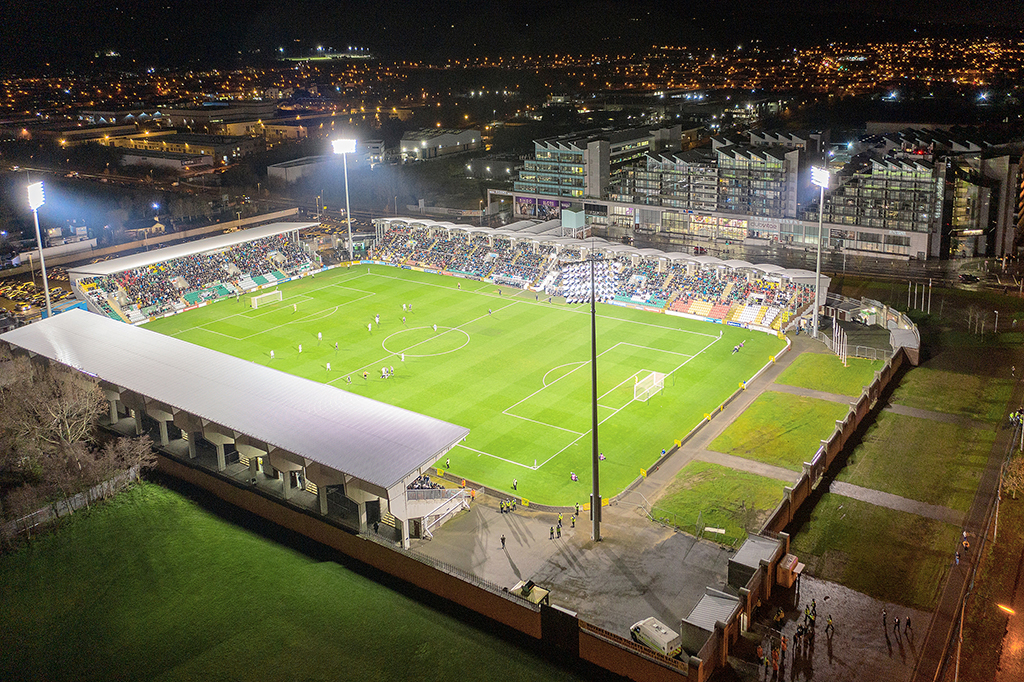Turnout the deciding factor in South East Inner City
Mike Finnerty 06 Mar 2024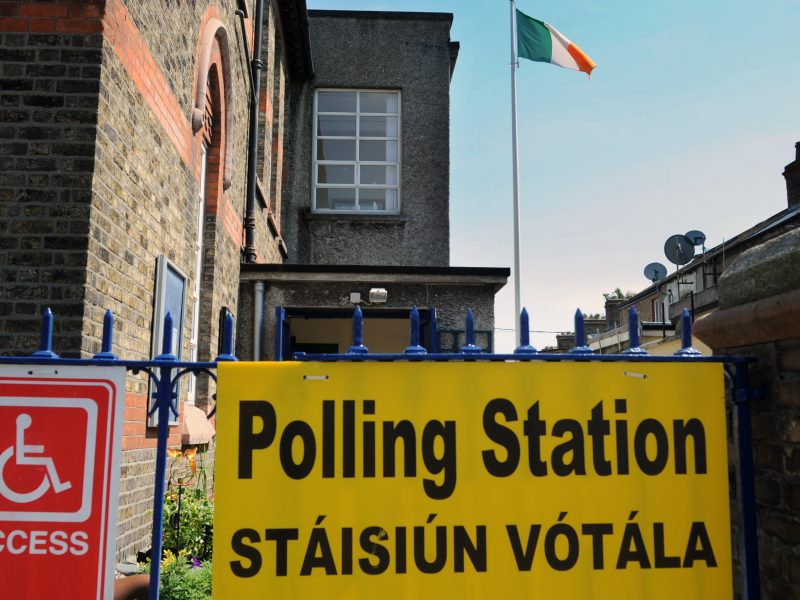
It has been a hot minute since we did a deep dive on a specific constituency that is going to the polls in June’s local elections, so we return to form with a look at South East Inner City.
Aside from having perhaps the dullest, yet most geographically concise name as far as constituencies go, the constituency itself is anything but dull.
Situated in Dublin Bay South, this 5-seater promises to be as chaotic as their older Dáil constituency sibling.
The current state of play has a Green poll-topper, Chris Andrews’ co-optee onto Dublin City Council, a Fine Gael Councillor, a Labour Councillor and an Independent heavyweight.
That lineup may well change come June, with all of the major parties looking to win something in this 5-seater.
While a lot has been written about the Greens’ woes in recent months, this is the one area they can be assured of a seat.
The incumbent Claire Byrne took 28.5% of first preferences last time out, while party leader Éamon Ryan scooped 22.4% of first preferences at the following year’s general election.
Even if Byrne’s vote was somehow chopped in half to 14%, she would still find herself in the top 3 owing to the nature of PRSTV.
The Greens’ strength in this area makes it all the more puzzling why they haven’t opted to bring in a running mate.
The most eye-catching narrative with South East Inner City is Sinn Féin’s decision to run three candidates.
With Dublin Bay South being the stomping ground of the aforementioned Andrews, it makes sense for the party to throw the kitchen sink at this area.
Daniel Ceitinn, co-opted onto Dublin City Council in 2020, will be joined by Kourtney Kenny and Ryan Mooney on the ballot.
At a bare minimum, Sinn Féin will get one of their people elected, most likely Ceitinn as he has the built-in experience and personal connection with voters, but if Sinn Féin got two of their candidates elected it would demonstrate that the machine is picking up momentum.
We have hit upon two themes in this series of articles; you cannot apply national polling trends to local elections, and the Greens could be in trouble.
The latter point is most prevalent here as this is among the strongest areas for the Greens nationwide, so losing ground to Sinn Féin or other parties may send alarm bells ringing.
The Greens look likely to be replaced by the Social Democrats as the progressive party de jure come June; the party you vote for if you’re annoyed with Government parties but don’t want to rock the boat too much.
The Social Democrats attained just shy of 5% here last time which is a solid base to start from, so the obvious target is siphoning off votes from Byrne and then benefiting from transfers from Sinn Féin and Labour.
Cian Farrell is the man in the hot seat for the Social Democrats this June and a win here would prove to be a watershed moment for the party.
The path to victory for the Soc Dems here is difficult, but not impossible.
This area is a stronghold for Labour – it falls within the constituency of current leader Ivana Bacik and was formerly the haunt of former leader Ruairi Quinn – yet they will have to contend with multiple Sinn Féin candidates, a buoyant Soc Dems and a People Before Profit candidate with some name recognition.
Labour will run two candidates here, looking to pick up from where Kevin Donoghue left off.
Donoghue will not be running in June, but two new candidates (Eddie McGuinness and Carol Reynolds) will look to secure a victory in Bacik’s backyard.
While McGuinness has the social progressive bona fides that make him an ideal Labour candidate – his background in working with Dublin Pride as manager and head of events – Reynolds’ recent comments surrounding immigration are something of a sore point for the party.
Before Christmas, Reynolds appeared in a video with anti-immigration activists outside a pub and guesthouse that was earmarked for use by asylum seekers.
In the video, she was quoted as saying “I think we have enough; we have too many immigrants here at the moment.”
The comments resulted in an internal party investigation being launched against Reynolds and a grovelling apology issued.
She said she was “under pressure” and she had “made a mistake,” stating “my comments did not reflect my values, my views, or the type of politics I stand for, and I want to express my sincere regret.”
On the left edge of the ballot, Brigid Purcell will run for People Before Profit.
Purcell ran for the party in the July 2021 Dublin Bay South by-election, so she boasts some media recognition.
That particular by-election took place in that weird twilight zone when vaccines were being administered but things weren’t fully open so politics geeks followed that race with the passion and intensity of a general election, with the race also spilling out into a national interest story.
Look, it was July 2021, it was either that or write about Love Island.
All that to say, having a raised media profile is a good thing for a local election candidate.
Looping back to the Greens, a fair cohort of their 2019 voters voted for the party seemingly forgetting their role in the 2007-2011 Government and were convinced they were the champions of the environment.
When it transpired the party were happy to get a few extra bike lanes in exchange for acting as Fine Gael and Fianna Fáil’s mudguards, history repeated itself and voters are starting to look elsewhere.
That frustrated progressive vote is the biggest prize on offer for any candidate brave enough to seek it out.
As for those who are more traditionally inclined, Fianna Fáil and Fine Gael are, of course, running in the constituency, with Fine Gael having the incumbency advantage with Dublin City Council Danny Byrne.
Fianna Fáil will look to win a seat with social worker and local area rep Liz Watson, who was selected by the party all the way back in February 2023.
Out of the traditional old guard parties, Byrne looks to be the candidate with a better chance of success.
Watson did run for Fianna Fáil last time out, but both she and the other Fianna Fáil candidate failed to get elected on the day.
Watson was the Fianna Fáil candidate who got the highest share of first preferences that day, and will be the party’s sole name on the ballot this June.
Even though Dublin Bay South itself is famously without a Fine Gael TD since Eoghan Murphy resigned in mid-2021, the area is still very much a stronghold for the party.
You cannot write about South East Inner City and not write about Independent Councillor Mannix Flynn.
Flynn will be looking to secure his 4th term on Dublin City Council, and has garnered a reputation as one of the most outspoken voices for the arts in Dublin.
The beauty of being an independent candidate is you can draw in support from voters of all stripes.
A strong personal vote will help raise him, transfers will do the rest.
The elephant in the room with South East Inner City is turnout; it had the lowest turnout out of all the Dublin City Council constituencies that voted in 2019 with just over 33% of people polling.
This means that apathy with the political process is so deep-seated in this part of Dublin that only 1 in 3 voters turned out.
It may have been a case of a really bloody interesting series being released on Netflix that particular day, everyone decided that was the day to get their hair done, or there simply isn’t an appetite for establishment politics in this part of Dublin.
The lower the turnout, the greater the advantage the incumbents have.


